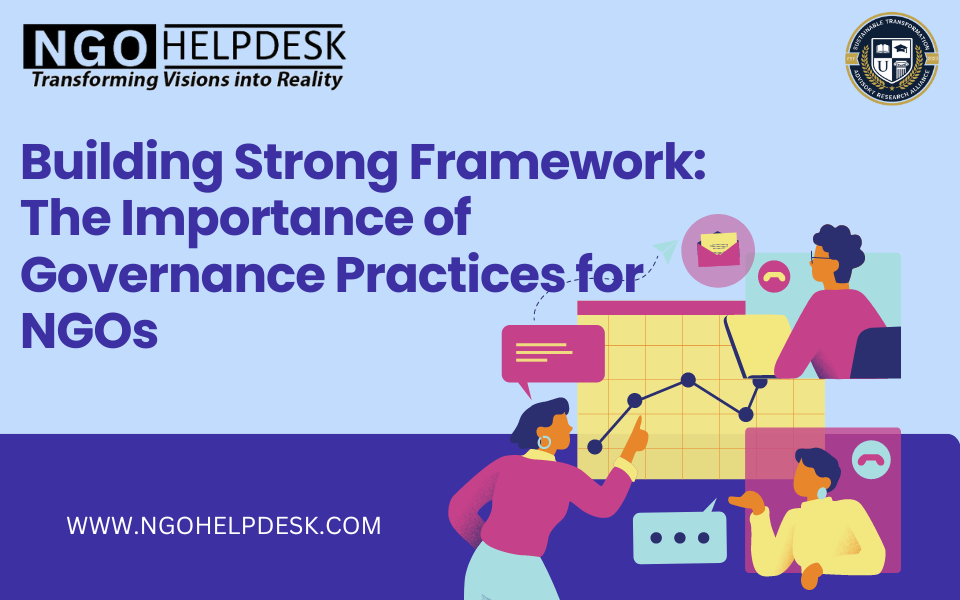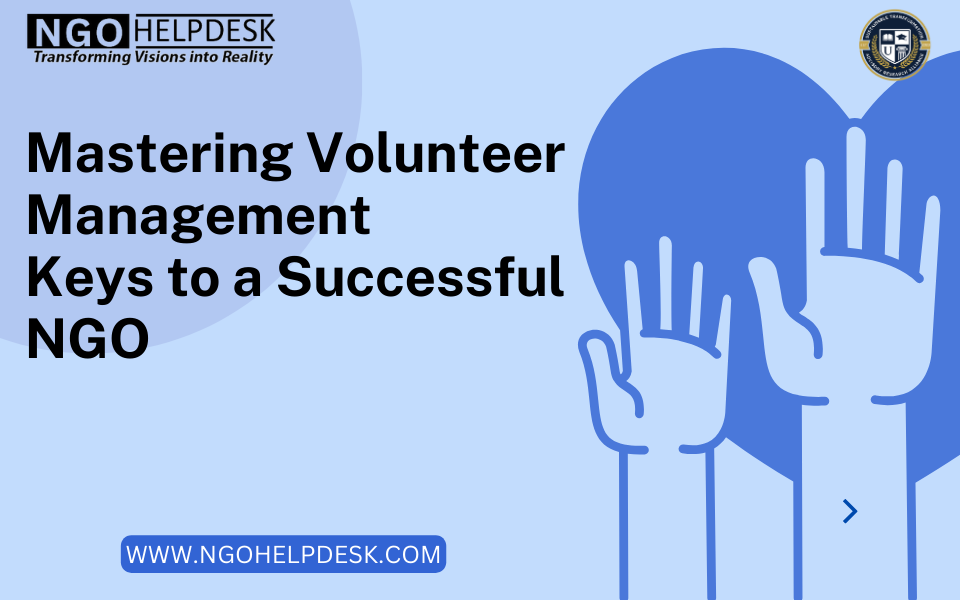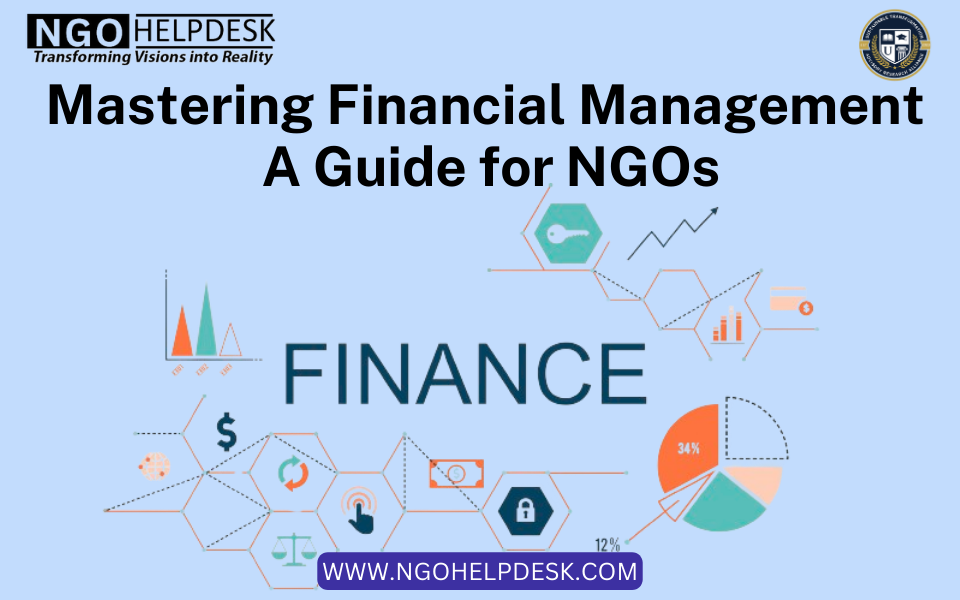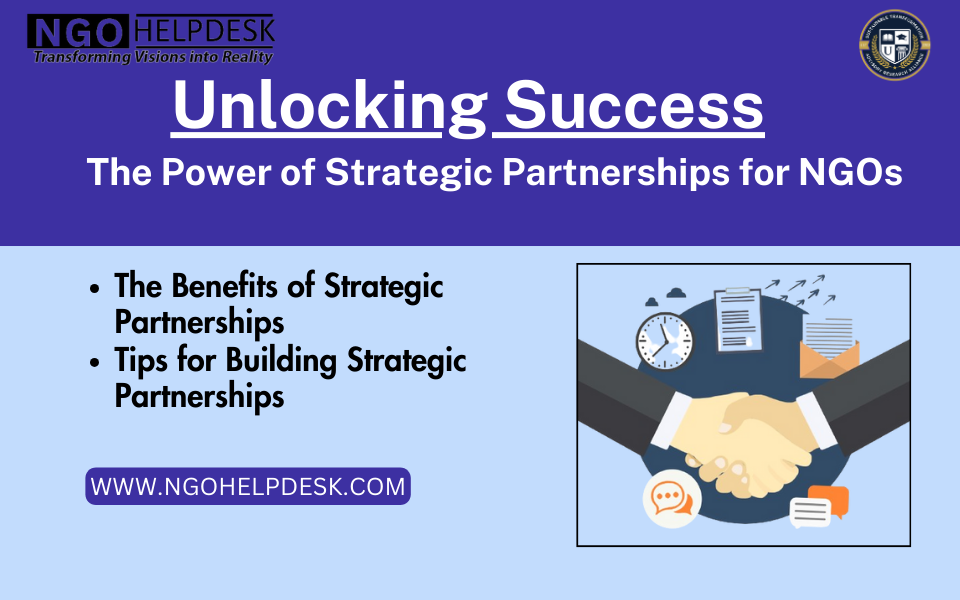
Introduction:
In the world of Non-Governmental Organizations (NGOs), governance practices serve as the backbone, guiding ethical conduct, fostering transparency, and ensuring accountability. Establishing robust governance mechanisms is crucial for the effective and sustainable operation of an NGO. Let’s delve into the significance of governance practices and explore key elements to consider for a well-functioning NGO.
The Importance of Governance Practices:
Governance practices are like a roadmap—they show everyone involved in the NGO how things should be done. They make sure that the NGO is run well, everyone knows what’s going on, and that decisions are made in the right way. Good governance helps build trust with donors, volunteers, and the people you’re helping. hey promote ethical conduct, mitigate risks, and safeguard the organization’s reputation.
Roles and Responsibilities of the Board of Directors:
Think of the board of directors as the captains steering the ship. They make big decisions, keep an eye on the money, and hire important people. Each director brings something different to the table, so together they make sure the NGO is heading in the right direction. It’s important for everyone on the board to know what they’re supposed to do and to be open about it.
Conflict of Interest Policies:
Sometimes, people might have personal interests that could get in the way of what’s best for the NGO. Conflict of interest policies help deal with these situations. They make sure that everyone involved in the NGO is honest about any conflicts they might have and that they don’t make decisions that could benefit them personally instead of the NGO.
Mechanisms for Oversight and Decision-Making:
Effective governance relies on robust oversight mechanisms to monitor organizational performance and ensure compliance with legal and ethical standards. Regular audits, financial reporting, and performance evaluations provide insights into the NGO’s operations and inform strategic decision-making. Transparent decision-making processes, such as documented meeting minutes and stakeholder engagement, enhance accountability and promote inclusivity.
Conclusion:
Having strong governance practices is really important for NGOs. It helps keep things fair, honest, and running smoothly. By making sure everyone knows what they’re supposed to do, being open about any conflicts of interest, and keeping an eye on how things are going, NGOs can build trust with everyone involved and make a real difference in the world.









